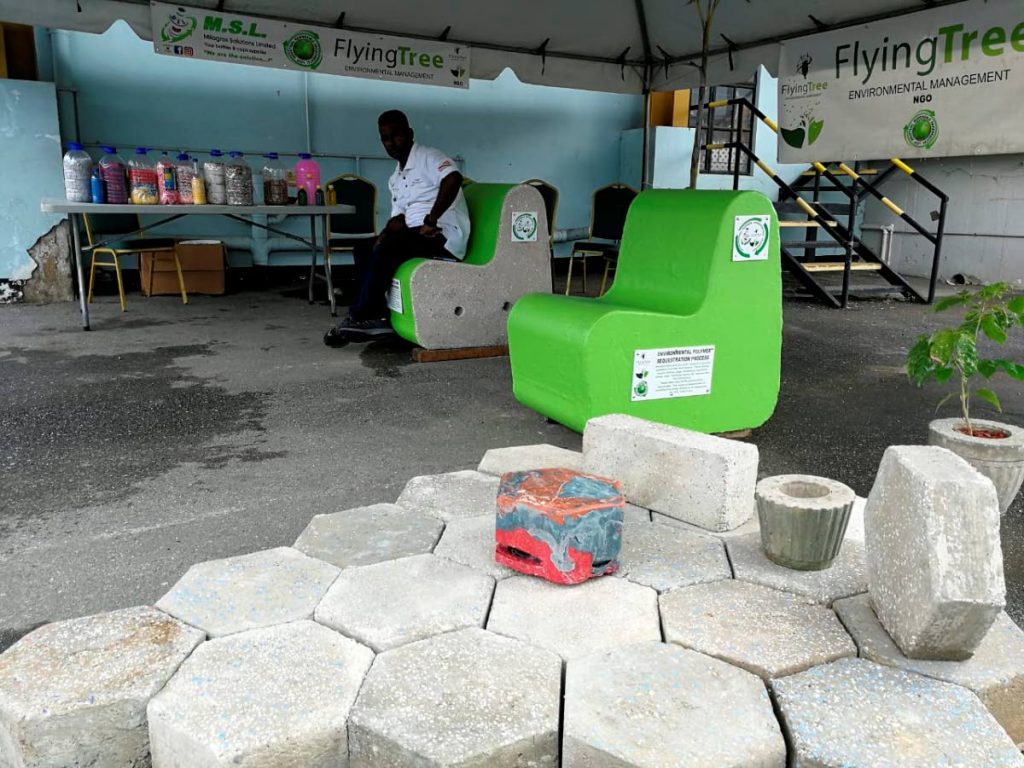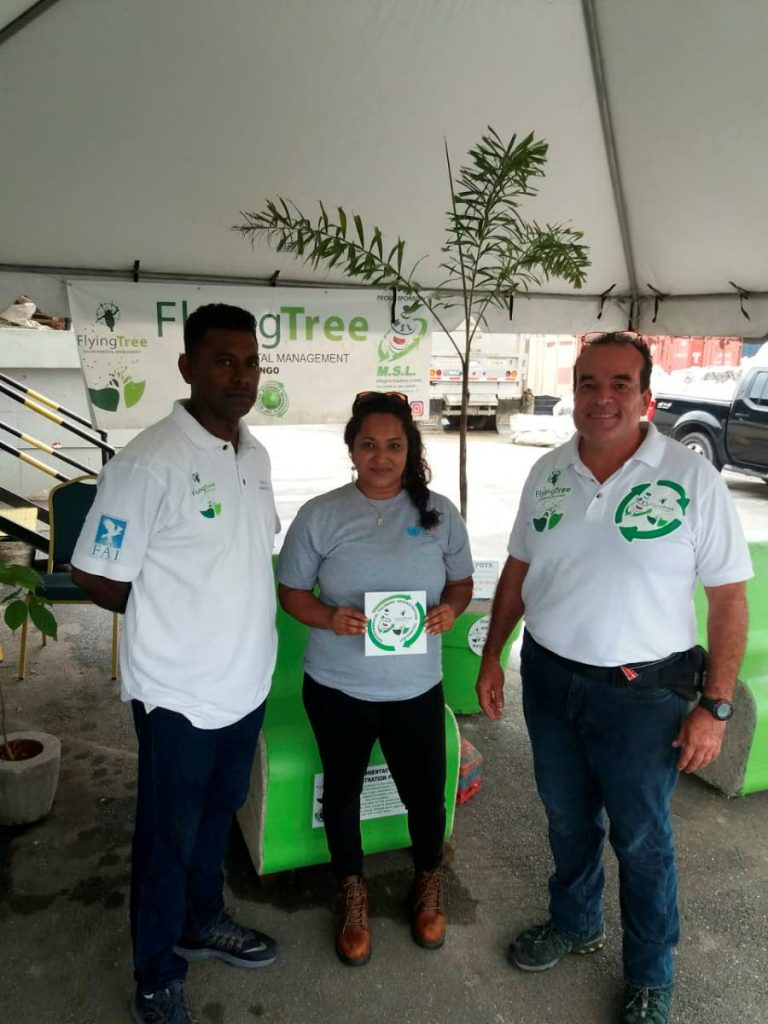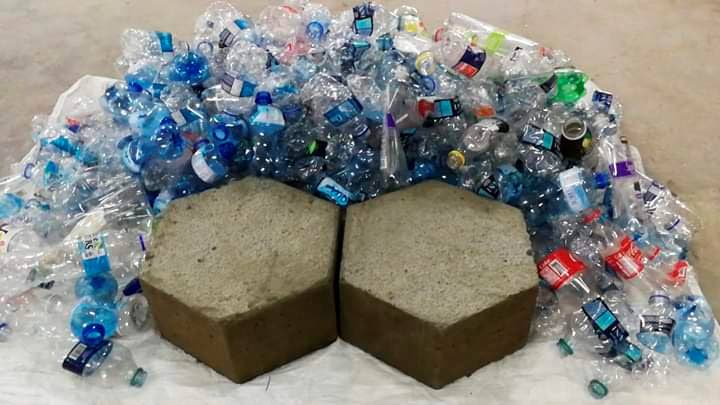Experts: TT needs to change attitude to environment

Energy and waste specialist Talya Mohammed thinks the amount of solid waste produced by TT is a sore thumb to its environmental reputation.
“One of the biggest challenges in TT is the fact that we have a waste situation that is on par to a developed country.”
Annually, TT generates an estimated 700,000 tonnes of waste with one person producing as much as 1.4 kilogrammes of waste daily.
And that’s just solid waste, not energy waste occurring daily in homes.
At Flying Tree Environmental Management and environmental NGO IAMovement, Mohammed coordinates activities to help people become more mindful of the environment and waste production.
“People need to understand their behaviour has a direct impact on their bottom-line. The behaviour of employees also have a serious impact on a business’ bottom-line.”
Speaking with Business Day, Mohammed shared four areas that can be worked on to make TT more environmentally friendly in 2020.
While there are efforts at the government level to introduce legislation, like the Waste Bill and Beverage Container Bill, to reduce waste, she said it is important for people to modify their behaviour to make TT greener.
Stop the throwaway culture
The UN Environmental Programme estimates by 2050 over 12 billion tonnes of plastic waste will enter the natural environment.
The “throwaway culture” of consumers towards single-use plastics has worsened the plastic pollution problem. Though single-use plastic bags, bottles, forks and straws are convenient for a few minutes, they are non-biodegradable when discarded. Instead of breaking down, they decompose into smaller fragments known as microplastics which stay in the environment for thousands of years.

Single-use plastics can be reduced by purchasing reusable water bottles, cutting out plastic straws and using reusable grocery bags. Reusable water bottles reduce the need to buy bottled water and reusable grocery bags help reduce plastic bag waste. Plastic straws can be replaced by bamboo, mental or wooden straws.
Recycling single use plastics and waste reduces the volume of waste generated. Interested in recycling? Companies in TT include Far East Recycling and Caribbean Tech Disposals, which recycle electronic waste.
Flying Tree recycles plastic/PVC waste, while ACE Recycling deals with paper/cardboard waste.
SIEL Environmental Management provides teaching and training services about organic waste while providing waste audits. Green Engineering Ltd specialises in asbestos and bio-waste removal. Carib Glass can be used for recycling glass products.
Most recycling companies provide financial incentives for people using their services, which turns your trash into treasure.
Smarter electricity use
Against the backdrop of gas shortages, TT’s energy use is unsustainable and is made worse by electricity wastage in households.
Asked about TT’s energy, Mohammed said, “In TT people just waste energy because it is so cheap. You have energy lost from where it is produced straight down through transmission to where it is used.”

Simple things to reduce energy waste include using energy saving or LED bulbs and just switching off lights and appliances that are not in use.
Using natural lights during daylight hours can help reduce energy consumption. Using alternative energy like solar panels for household utilities like heated showers can cut electricity costs and reduce energy use.
Mohammed connects wasting electricity to wasting gas. With limited natural gas supplies and high demands, the price of gas will increase — and with it, the possibility of subsidies being reduced.
“TT’s challenge is getting people to understand how everything is connected because of the disconnect the society has with the reality of gas use.”
Corporate responsibility
Businesses need to adopt proactive approaches to introduce waste reduction, recycling and smart energy use to their business models, Mohammed says. Reducing solid and energy waste for businesses pays off in the long run despite some upfront costs.
“Management of paper use is a big problem at organisations right now. Employees just use paper for printing and photocopying and they don’t understand it costs money to the company.”
Mohammed says going digital reduces paper waste and costs for businesses. Retrofitting buildings to avoid air-conditioning leaks and transitioning to natural light settings or LED lighting can help businesses save energy and reduce electricity bills.
“Paying upfront costs to help with these things today will reduce the cost tomorrow. Sometimes businesses don’t look at the savings of these proactive approaches because they may have to invest time and money.”

Comments
"Experts: TT needs to change attitude to environment"